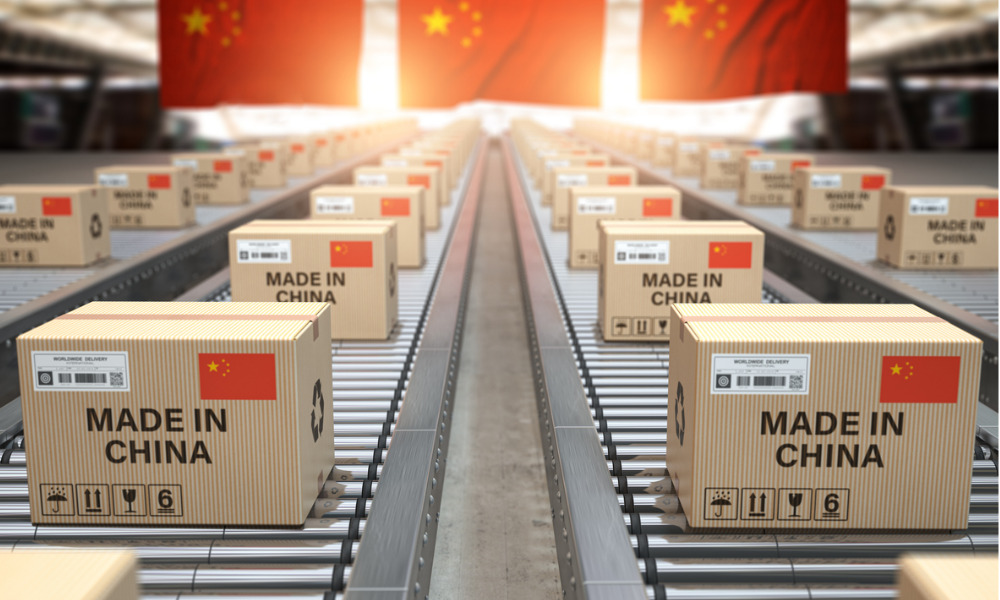Recent activity suggests investors are thinking about it, but some say China stock optimism could be premature

After months of market-chilling headlines around regulatory crackdowns, the collapse of real-estate giant Evergrande, and its slowing economy, China is starting to look like a buying opportunity for emerging-market investors. But according to some analysts, it’s too early to count on a bounceback.
According to Barron’s, the U.S.-listed iShares MSCI China ETF has declined by over 10% in 2021, dragged down by a parade of bad news coming from multiple fronts. On the other side of the Pacific, the S&P 500 has climbed by more than 20% this year.
Some investors seem to think that all the bad news has been priced in. The news outlet reported that the MSCI China ETF has gained north of 7% in October, outpacing the U.S. benchmark so far. Beaten-down Chinese tech stocks have also rallied further, including a 22% spike in Alibaba off reports that it would build its own chips, and an 18% jump for Baidu.
To be sure, prices in Chinese equities are still loaded with pessimism. But some observers, including Georgiana Fung of Cirrus Research, contend that analysts are still far too optimistic.
“Currently, the rise in earnings expectations appear to be too buoyant,” Fung wrote recently, stressing the disjoint between earnings revisions and the relative lack of dispersion among them on one hand, and China’s slowing economy and its recent market stumble on the other. “These cautionary readings signal lower expected returns to come.”
More fundamentally, there’s the question of what policy makers are doing – or failing to do – to prop up the economy, which could be a necessary ingredient for a sustained Chinese stock rally. Citing Thomas Gatley of Gavekal Dragonomics, Barron’s said China’s stock market rallies in times of accelerating private credit growth, but underperforms as credit growth slows.
Accelerating credit growth, Barron’s said, indicates increasing demand that should lead to higher profits for Chinese firms. And when the People’s Bank of China adopts easy policy, the cash often trickles into the stock market, much like what happens when the U.S. Federal Reserve makes a similar move.
As it stands, the three-month moving average of year-on-year change in private credit is still on a decelerating trend. “A true turning point in that indicator has not yet arrived, but is probably only a few months off,” Gatley said.
The market doesn’t appear to be expecting one soon, said Janice Xue, rates strategist at Bank of America. During a recent press conference discussing third-quarter economic data, the PBOC made no mention of a rate cut.
Still, Xue isn’t taking the absence of a mention as evidence that the central bank will necessarily stand pat. As Barron’s reported, she is expecting it to ease monetary policy by the end of the year.



